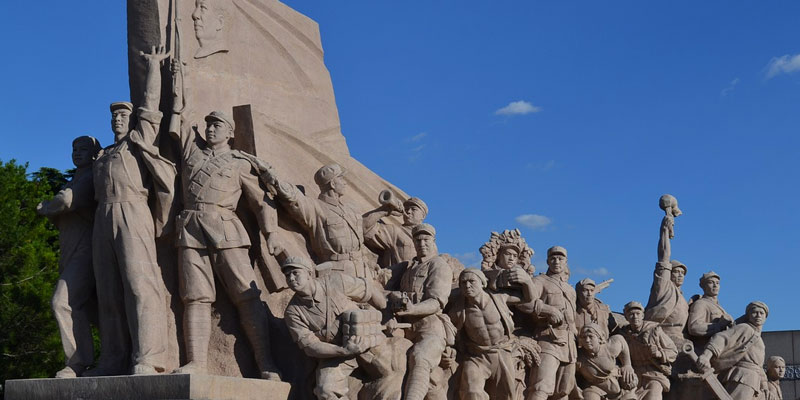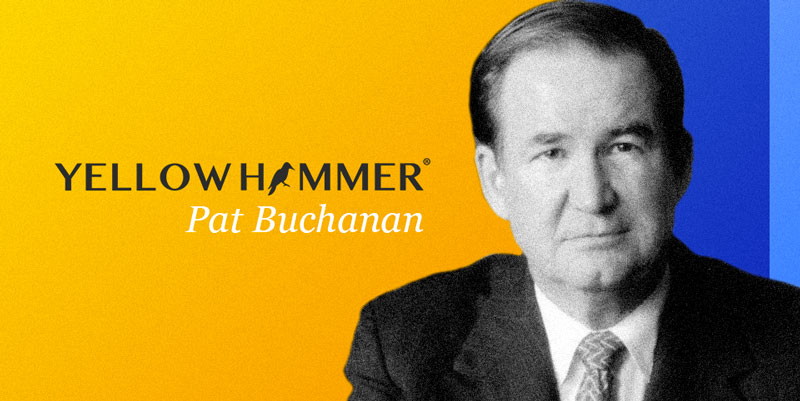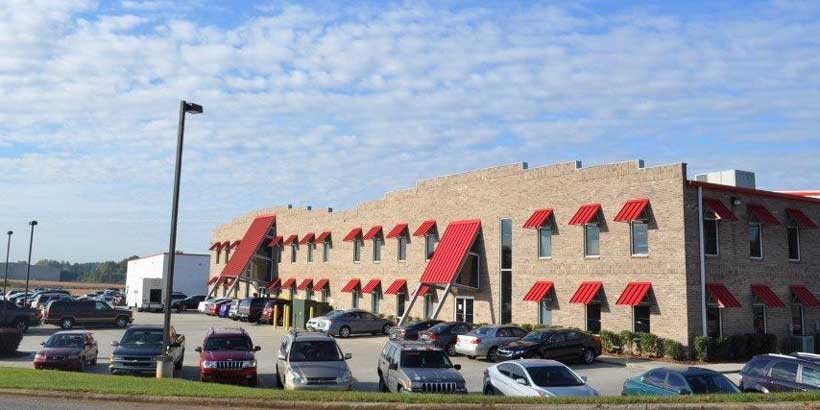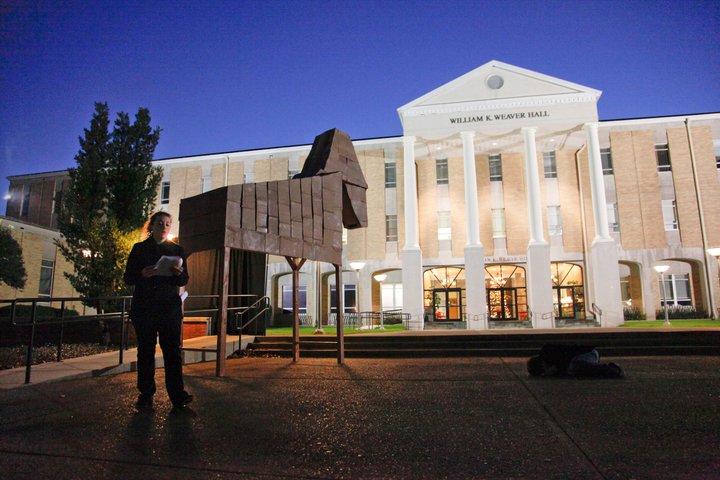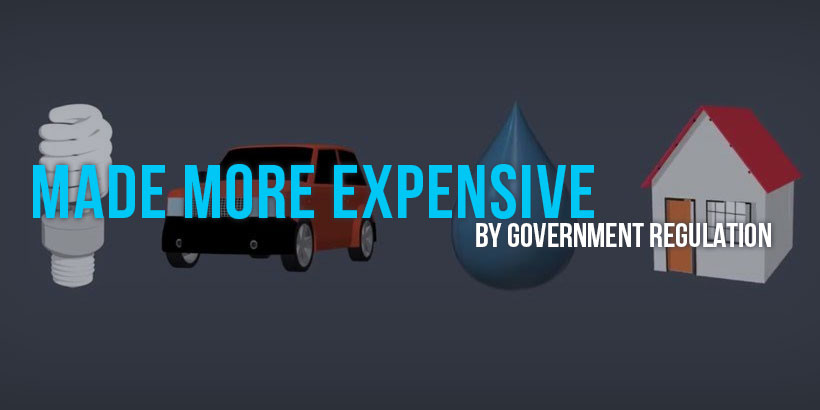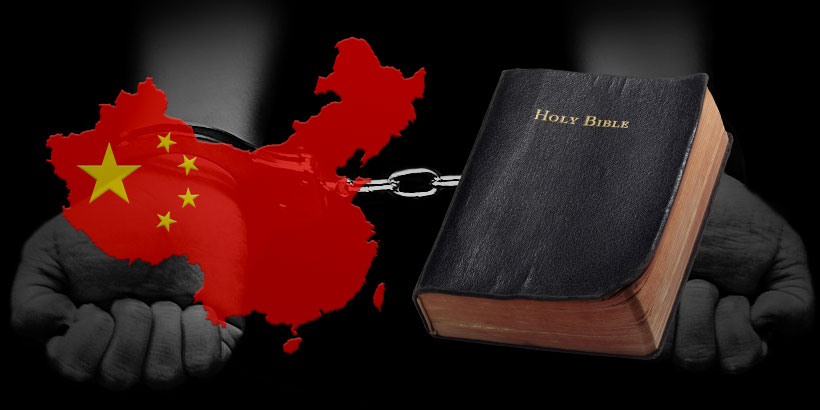
ONEONTA, Ala. — Dr. David R. Wilson, a physician from Oneonta, Alabama, is reportedly under house arrest in China after being accused by its notoriously anti-Christian government of having a “religious discussion” in public.
According to reports, Dr. Wilson was arrested in a book store and detained until a hearing Monday. The results of that hearing are not yet known.
Yellowhammer News spoke with Jamey Hurst, a foreign policy expert familiar with the regulations surrounding religious expression in China.
“Typically, what gets people in trouble is bending the rules on their rights to assembly,” Hurst, who does not have details on the specific case, told Yellowhammer Monday morning. “For example, you can have a whole church meet in your apartment any time you want to, but you have to get your neighbors’ approval.”
“You can have sermons and Sunday school and Bible studies and campus ministries and organize youth events and have concerts and anything that you can do in the U.S., but you have to get a permit to do so. That’s standard for any formal gathering outside the family. Doesn’t matter if you want to have a pro Chinese Communist Party basket weaving conference, you have to get a permit. If you don’t, you get thrown in jail or questioned or deported.”
Yellowhammer received the following information from Ashley Garrigus, spokesperson for the Bureau of Consular Affairs at the State Department:
The Department of State takes its obligation to assist U.S. citizens abroad seriously. We stand ready to provide all possible consular services in cases where U.S. citizens are detained abroad. Due to privacy considerations, we are unable to comment on this specific case.
In case it is helpful, here is general information regarding what the Department can do to assist U.S. citizens detained overseas:
We assist citizens incarcerated overseas to the extent of our authority in accordance with local, U.S., and international law. Consular officers work to ensure that detained or incarcerated U.S. citizens receive a fair and speedy trial with the benefit of counsel, in accordance with local and international law. Consular officers periodically visit detained U.S. citizens to ensure that they are receiving humane treatment. If the U.S. citizen detainee signs a Privacy Act Waiver, we can contact family, friends or employers on his or her behalf, and share information with the press and Congress, depending on the details of the waiver.
We can:
o provide a general overview of the local criminal justice process and provide a list of local attorneys who speak English;
o visit the detained U.S. citizen regularly and provide reading materials and vitamin supplements where appropriate;
o ensure that prison officials are providing appropriate medical care;
o provide a general overview of the local criminal justice process
o if the prisoner would like, we can ensure prison officials are permitting visits with a clergy member; and
o establish a funding account so friends and family can transfer money to imprisoned U.S. citizens or their legal representatives, when permissible under prison regulations.We cannot:
o get U.S. citizens out of jail overseas;
o state to a court that anyone is guilty or innocent;
o provide legal advice or represent U.S. citizens in court overseas;
o serve as official interpreters or translators; or
o pay legal, medical, or other fees for U.S. citizens overseas
Yellowhammer will update this story as more details emerge.
Like this article? Hate it? Follow me and let me know how you feel on Twitter!
— Elizabeth BeShears (@LizEBeesh) January 21, 2015






